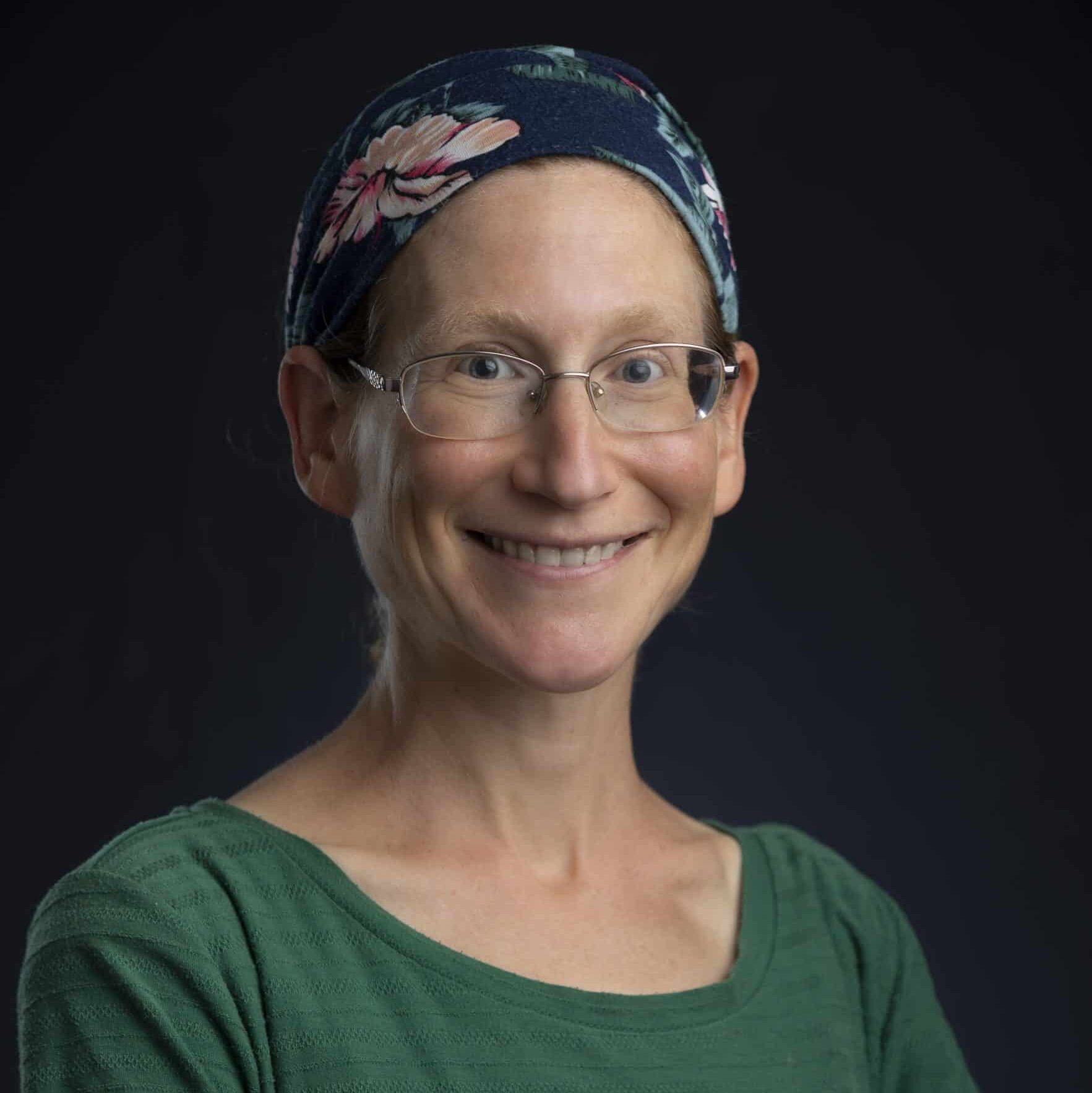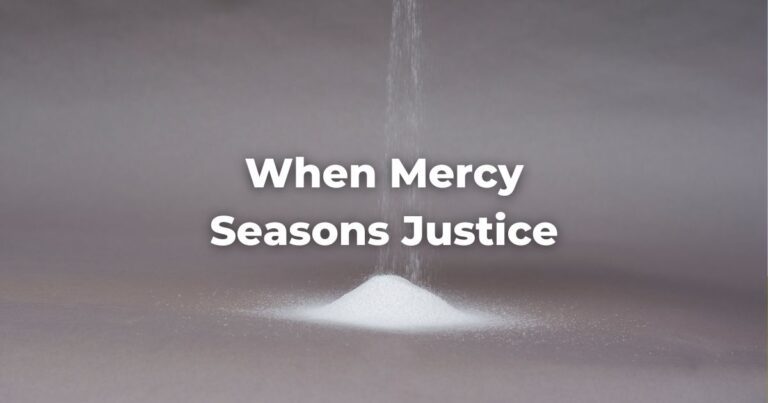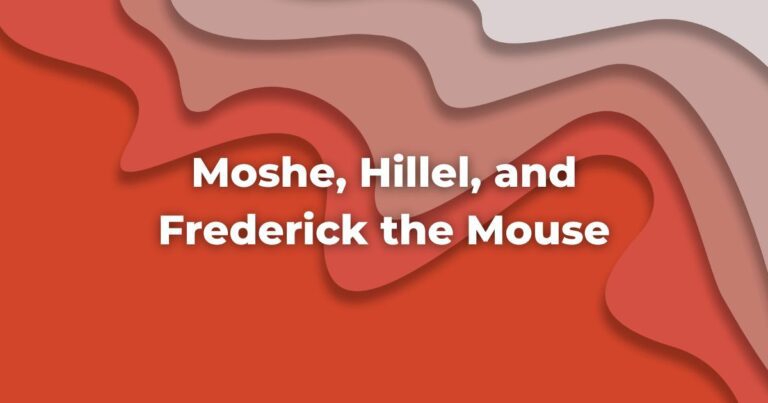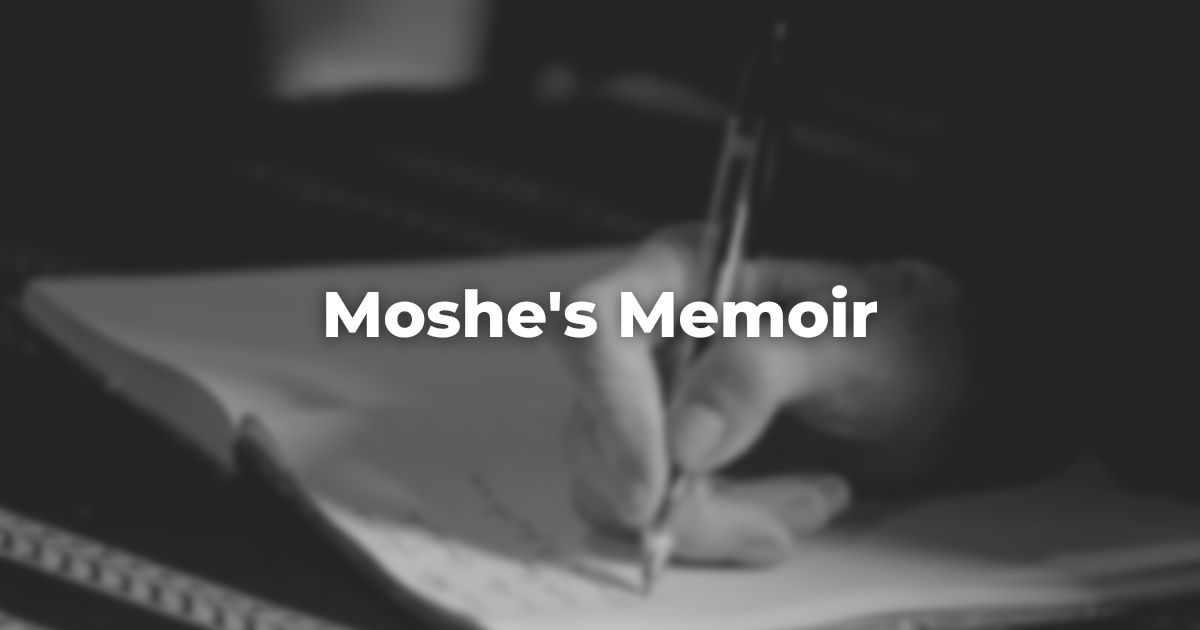In the opening verses of our parashah, God appears to Moshe, once again reiterating the covenant: “I am the Lord. I appeared to Abraham, Isaac, and Jacob as El Shaddai, but I did not make Myself known to them by My name Adonai. I also established My covenant with them… and I have remembered My covenant” (Exodus 6:3-5).
The rabbis of the TalmudReferring to one of two collections, the Jerusalem and Babylonian Talmuds, edited in the 6th century, that contains hundreds of years of commentary, discussion, and exploration of the ideas in the Mishnah. One could describe it as Mishnah + Gemara = Talmud Read more read God’s words as rebuking Moshe for resisting God’s mission, comparing him to his forefathers and finding him lacking.
What is God trying to teach Moshe according to this rabbinic reading? And what can God’s response to Moshe teach us about the way we regard our setbacks and our more difficult moments?
Rabbi Elazar
The Talmudic account of God’s response to Moshe appears following a strange and surprising anecdote relayed by Rabbi Elazar the son of Rabbi Yose, a sage living in the land of Israel at the end of the second century (Sanhedrin 111a).
Rabbi Elazar relates that he once went to the city of Alexandria in Egypt, where an old man—presumably one of the locals—took him aside and wished to give him a tour.
“Let me show you what my ancestors did to your ancestors,” the old man boasts to the rabbi, and proceeds to show him sites where the Egyptians drowned the Israelites, killed them by sword, and crushed them under buildings.
One has to wonder about the old man’s motives in taking Rabbi Elazar on a tour of the locations of these historical atrocities; why is he so proud of his ancestors’ cruelty? Does he not remember how the story ended, with the death of the Egyptian firstborn and the drowning of Pharaoh and his army in the Red Sea?
Surely Rabbi Elazar could have taken the old man on an equally ghastly tour of what his Israelite ancestors did to their Egyptian counterparts—except that the story ends there.
Instead of recording Rabbi Elazar’s response, the Talmud pivots to explain that it was for this very reason that Moshe was rebuked and punished by God. That is, Moshe saw how terrible the plight of the Israelites was—they were being drowned and slayed and crushed—and he cried out to God in protest: “O Lord, why did You bring harm upon this people? Why did You send me? Ever since I came to Pharaoh to speak in Your name, he has dealt worse with his people” (Exodus 5:22).
Moshe speaks these words right after the Israelite foremen blame him for the deterioration in the Israelites’ situation; now that Moshe has spoken to Pharaoh, the Egyptians will not even provide the Israelites with straw, requiring them to gather their own.
Moshe sees that his intervention has only made matters worse, and he attacks God for failing to deliver on His promise: “Still You have not delivered Your people!” (Exodus 5:22).
The Talmud reads God’s words in the opening verses of our parashah as a response to Moshe’s attack.
God invokes Abraham, Isaac, and Jacob, who experienced God only as El Shaddai, and did not merit, as Moshe did, the revelation of God’s ineffable name.
And yet even so, the patriarchs never doubted the divine promise, God asserts, offering evidence in each case:
- God promised the land of Canaan to Abraham and his descendants, and yet when Abraham could not even take a burial plot for his wife without paying for it handsomely, he still did not question God’s covenant.
- God promised Isaac that He would be with him if he sojourned in Canaan, and yet just a few verses later Isaac’s servants could not find water; even so, Isaac did not doubt God’s promise.
- And lastly, God promised Jacob the land on which he lay when he left Be’er Sheva, though Jacob could not even find a place to pitch his tent without buying the plot of land; even so, Jacob did not take God to task.
Why, then, doesn’t Moshe trust in God’s deliverance?
“Woe to those who are gone and no longer found,” God tells Moshe in the Talmud’s account of this episode.
According to the simple reading, God is referring to the patriarchs, who died generations before Moshe, and whose faith God deems superior.
But in light of the story that immediately preceded God’s words, about the old man in Alexandria, God may also be lamenting all the lives that had to be lost—both from the Egyptians and from the Israelites— in order for God’s promise to unfold.
God does not want human beings to have to suffer, and God is as dismayed by the plight of the Israelites as Moshe is.
But Moshe needs to recognize, like the patriarchs before him, that the setbacks and suffering of the present do not undermine the promise of the future. The years of enslavement are as much a part of the covenant as the exodus, as per God’s words to Abraham: “Your offspring shall be strangers in a land not theirs, and they shall be enslaved and oppressed four hundred years, but I will execute judgment on the nation they shall serve, and in the end they shall go free” (Genesis 15:13-14).
The Talmudic account concludes with God punishing Moshe here—and not decades later, at the end of the wilderness journey—by denying him entry into the promised land.
“You will see the war against Pharaoh,” God tells Moshe, “but you won’t see the war against the thirty-one kings,” a reference to the battles fought to conquer Canaan.
Moshe failed to look beyond the suffering of the moment and recognize that it was all part of the divine covenant. He could see only what was immediately before him, namely that his intervention had resulted in a worsening of the Israelites’ situation.
In this sense he was not unlike the old man in Alexandria, who could see only what his ancestors had done to the Israelites, but seemed blind to the retribution exacted by the Israelites and their God. On account of Moshe’s limited perspective, God will limit his perspective by cutting short his life; he will not merit to enter the promised land and witness the Israelites’ conquest.
He who questioned the divine promise will not merit to see its full realization.
All too often the anguish of our present reality seems strikingly at odds with the future we wish to envision.
In December 2021, the New York Times ran a Metropolitan Diary column by a woman who remembered her first Friday night in the big city.
It was a freezing winter evening, and the woman was all alone. With nothing else to do, she walked up and down Broadway looking into restaurant windows; she paused when she saw a couple sharing a pizza, each holding up their slices as if making a toast.
The lonely woman felt sure that she would never find that sort of intimate companionship, but sure enough, fifteen years later, she and her husband were sitting in a pizza shop on a cold winter night.
Remembering her first Friday night in the City, she held up her slice of pizza as if making a toast.
This woman’s “pizza toast,” like God’s words to Moshe, is a reminder that our human perspective is inherently limited, and only God knows when and how our destiny will ultimately unfold. Rather than despairing at the bleakness of the present moment, we might raise a toast in hope and faith to a brighter, more redemptive future.
See more: Parashat Vaera
Originally posted as part of the Conservative Yeshiva at the Fuchsberg Jerusalem Center’s Torah Sparks. Support TorahRefers to the first five books of the Hebrew Bible, the Tanakh, also called the Five Books of Moses, Pentateuch or the Hebrew equivalent, Humash. This is also called the Written Torah. The term may also refer to teachings that expound on Jewish tradition. Read more learning from the Fuchsberg Jerusalem Center/Conservative Yeshiva for leaders and seekers around the world here
Authors
-

Ilana Kurshan teaches Talmud at the CY. She is the author of If All the Seas Were Ink (St. Martin’s Press, 2017) and Why is This Night Different From All Other Nights (Schocken, 2005). She has a degree in History of Science from Harvard and in English literature from Cambridge, and has worked in literary publishing both in New York and in Jerusalem – as a translator, a foreign rights agent, and as the Books Editor of Lilith Magazine. Since October 2020, Ilana has been a regular contributor to Torah Sparks, FJC’s weekly parashat hashavuah blog.
View all posts -



The Fuchsberg Jerusalem Center (FJC) is a home in the heart of Jerusalem where leaders and seekers can find an authentic place in Jewish tradition to call their own. FJC offers opportunities to study, pray and explore within an egalitarian and inclusive setting, creating multiple pathways for finding personal and communal meaning.
View all posts






